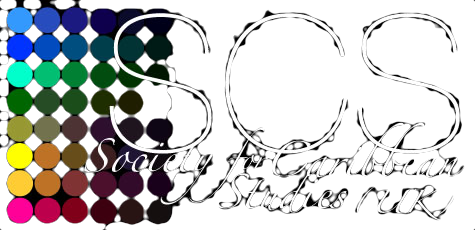
Pirciu, Alexander
PhD Student @ West University of Timisoara
Bio
Alexandru Pirciu has finished a Master's in American Studies at the West University of Timisoara. His dissertation was titled Moral Panic in The American Pro-life discourse: An Exploratory Analysis of Right Wing Advocacy and mainstream media. He has published three papers on American Studies (American Media and Literature) and participated in several conferences. He received a scholarship from the West University in Timisoara, Romania to write his Ph.D. thesis, titled Hispaniola between reality and representation, in which he analyses the power relation on Hispaniola as presented in Alvarez's, Danticat's, and Diaz's novels.
Geographical location : Rumania
Research Area and Interest : American Media and Literature
Social Media
Panel(s)
- Summary:
Presentation(s)
- Summary: Drawing from Postcolonial theory, the paper will analyze the manifestations of authority and its influences the decisions and actions of Danticat's characters in her novel, The Farming of Bones. When analyzing the population of The Dominican Republic as presented in the novel, a faction of the citizens seems to be accomplices rather than victims of the brutal Parsley Massacre. This is intriguing, not only from a literary but also from a social-cultural perspective. Their decision-making can perhaps be interpreted as a manifestation of the suppressed rage that Franz Fanon speaks about when discussing decolonization (Fanon 2005). First, I will briefly examine Hispaniola's relationship with postcolonial powers. It is of note that Hispaniola was divided after its discovery between the French and Spanish Empires, and in return, this shaped the cultural sphere of the island's two nations. Of course, after WW1, the US was the most influential neocolonial power in the region. Secondly, I will analyze the power relations as presented in the novel. More precisely, I intend to look at Pico's indirect relation and connection with Trujillo, Amabelle, and Seniora Valencia, and the relation between the leading faction (those with visible European heritage) and the subordinate faction of the population (people with visible African heritage). I say visible because when reading scholars such as von Tunzelmann, Mayes, or Gates Jr., one can assume that most islanders have common ancestral roots, drawing from both Africa and Europe, regardless of their skin complexion.
